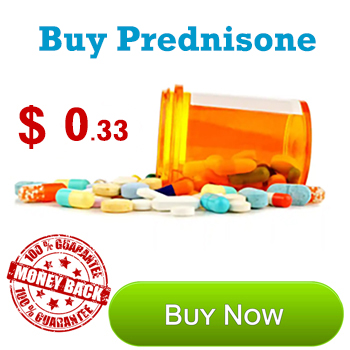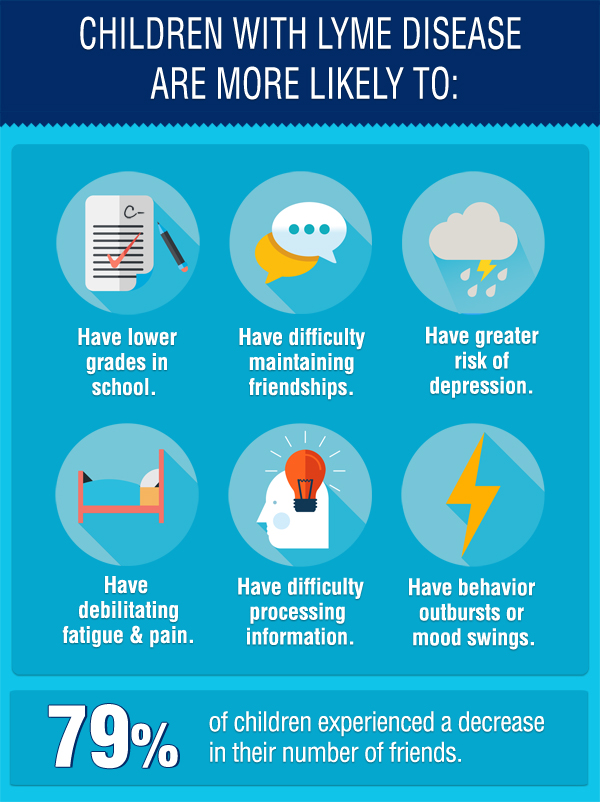-
Get Prednisolone (Prednisone) via Telehealth Prescription—Unbeatable Savings
Prednisolone stands as a multifunctional pharmaceutical with attributes spanning anti-inflammatory, anti-allergic, anti-toxic, and anti-shock properties. It serves as a synthetic counterpart to the naturally occurring cortisone and hydrocortisone, hormones produced by the adrenal cortex. Notably, when administered orally, Prednisolone showcases four to fivefold increased potency compared to hydrocortisone, and a threefold augmentation relative to cortisone.
-
Usage Indications:
- Inflammation affecting the cornea in patients with intact mucosal surfaces.
- Management of blepharitis, characterized by swollen eyelids.
- Chronic allergic conjunctivitis, denoting inflammation of the ocular mucous membrane.
- Sympathetic ophthalmia, an inflammation of the uveal tract typically arising in one eye subsequent to trauma or surgery to the other eye.
- Post-cataract surgery intervention.
- Multiple sclerosis therapy.
- Alleviation of bronchial asthma symptoms.
- Mitigation of hepatitis symptoms.
- Treatment for chronic and acute allergies encompassing atopic dermatitis, urticaria, food and drug allergies, Quincke’s edema, toxicoderma, and hay fever.
- Addressing rheumatic fever.
- Managing rheumatic carditis.
- Managing chronic and acute joint ailments spanning polyarthritis, osteoarthritis, bursitis, synovitis, rheumatoid arthritis, psoriasis and psoriatic arthritis, humeroscapular periarthritis, and adult-onset Still’s disease.
- Management of inflammatory bowel conditions such as local enteritis and nonspecific ulcerative colitis.
- Support in the context of infectious mononucleosis, marked by swollen lymph glands, liver involvement, and fever.
- Treatment of connective tissue disorders encompassing dermatomyositis, scleroderma, systemic lupus erythematosus, and polyarteritis nodosa.
- Management of autoimmune diseases.
- Intervention in cases of acute pancreatitis, denoting sudden inflammation of the pancreas.
- Addressing hemolytic anemia.
- Management of glomerulonephritis, a kidney ailment. Additional Indications:
- Utilization in cases of surgical shock.
- Prophylaxis to prevent organ transplant rejection.
-
-
Administration and Dosages:
Individualized dosing is imperative for each patient. The determination of the appropriate Prednisolone dose should factor in the patient’s circadian rhythm of glucocorticoid secretion. Oral administration of the tablets with a small quantity of water is advised. Generally, the recommendation is to administer the highest dose in the morning, the average dose during the afternoon, and the lowest dose in the evening. Commence treatment with an initial dose of 20-30 mg (equivalent to 4-6 tablets) per day. Gradually, this dose can be tapered down to a maintenance range of 5-10 mg (equivalent to 1-2 tablets).
For specific conditions like rheumatic disorders and nephrosis, the daily dosage of Prednisone may span 15-100 mg. Discontinuation of treatment should be executed through a gradual reduction in the daily dose.
Pediatric dosing entails an initial Prednisone dose of 1-2 mg/kg/day, divided into four to six doses throughout the day. The maintenance dose for children ranges between 300-600 μg/kg/day.
Throughout the course of Prednisolone treatment, patients should undergo urine tests to monitor blood pressure and blood sugar levels.
Contraindications:
- Hypersensitivity to the drug or its constituents.
- During the post-vaccination period.
- Presence of diabetes.
- Acute bacterial endocarditis.
- Pregnancy.
- Gastric and duodenal ulcers.
- Gastritis, particularly acute peptic ulcers.
- Sustained high blood pressure.
- Active tuberculosis.
- Syphilis.
- Nephritis, indicative of kidney inflammation.
- Acute psychosis.
- Poliomyelitis.
- Recent myocardial infarction.
- Chronic heart failure.
Prednisolone induces a mild increase in potassium secretion, while not inciting sodium and fluid retention. The peak plasma concentration of Prednisolone is attained approximately 1.5 hours post-administration. The medication exhibits effective absorption from the gastrointestinal tract and undergoes hepatic biotransformation, predominantly via oxidation. The elimination process involves excretion through either feces or urine. Furthermore, the drug influences protein, carbohydrate, lipid, electrolyte, and water balance.




